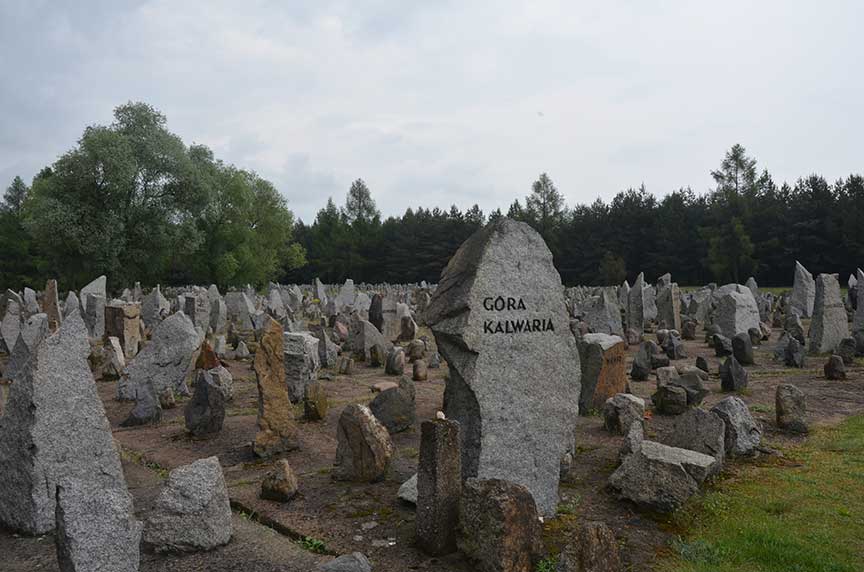Dark Tourism - Ethically Dubious, Or Exciting And Urgent?
by David Rentier

Travelers are no longer simply looking for secluded beaches and luxury hotels. The rising interest in ‘dark travel’, which, according to National Geographic, is where tragedy meets tourism, is seeing travelers visit the sites of some of the world’s most bleak history, from the death camps of Auschwitz to the irradiated outskirts of Chernobyl. There are a few opinions circulating about the concept as a whole. Some people see it as a necessary thing - by visiting these sites, tourists can appreciate the enormity of history. Others criticize it as morbid and unethical. The reality is, of course, a little more nuanced.
The benefits of travel
When a vacation is taken in a country with gleaming beaches and an environment tailored precisely to tourists, it doesn’t mean that there isn’t a sad story behind the trip. As The Guardian highlights, nations such as The Gambia built thriving tourist industries while simultaneously engaging in the torture and execution of dissidents. As such, much tourism isn’t as ethical as it might seem. Dark tourism seeks to subvert this. Trips to previous warzones, like you might undertake in Germany and Poland, help to teach about history and make individuals very aware of what came before. In Vietnam and Cambodia, it’s easy to get lost with the locals, and really dig into what the war meant to them - without hiding the issues of today. It builds awareness.
The darker side
Where some sites are educational and provide reminders as to where humanity has gone wrong, others are more exploitative. Where The Road Forks draws attention to the firing range at the Cu Chi Tunnels in Vietnam, and at the Killing Fields of Cambodia. While it’s possible to have an educational experience, it’s also entirely possible to engage in senseless acts of violence for entertainment - one notorious range offers the chance to shoot live rounds at animals. This is where the controversy comes in - heading into previous lawless zones, and taking advantage of the poverty and history there in order to have dumb fun, is hardly sending the right message.
Striking the right tone
Considering these two situations reveals potentially the best way to go about dark tourism. Forbes, in a highlight of the practice, brought attention to certain photo opportunities taken at Auschwitz, where individuals were posing by balancing on the rail tracks that the Nazis used to bring in victims. However, many others didn’t, exploring the camp while still showing the respect its victims deserve. This highlights the fact that dark tourism is all about tone. If respect and humility is being shown on the visit, then it’s an important and worthwhile experience. Tourists must shy away from exploitative and inappropriate experiences, and stay on the history-learning path.
Dark tourism is interesting, important, mind-expanding and urgent. It shouldn’t be fun in the basic sense of the word, and certainly shouldn’t be stupid. As a past-time, it’s important that individuals engage with some of the darker times of the world; but the right tone must be struck.
 >
>